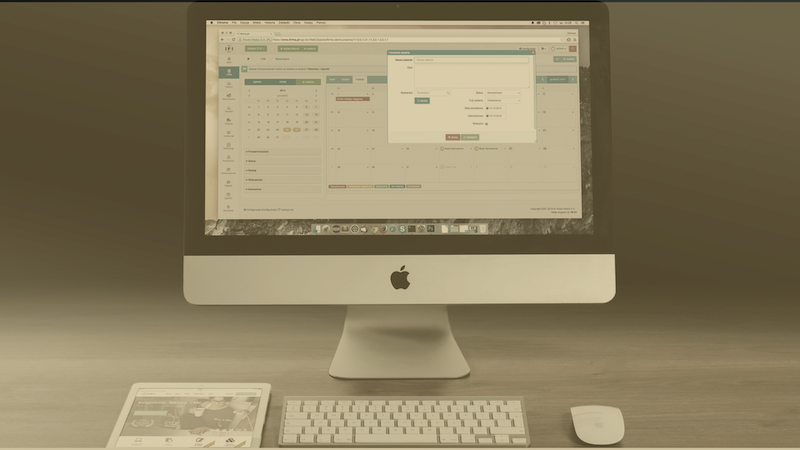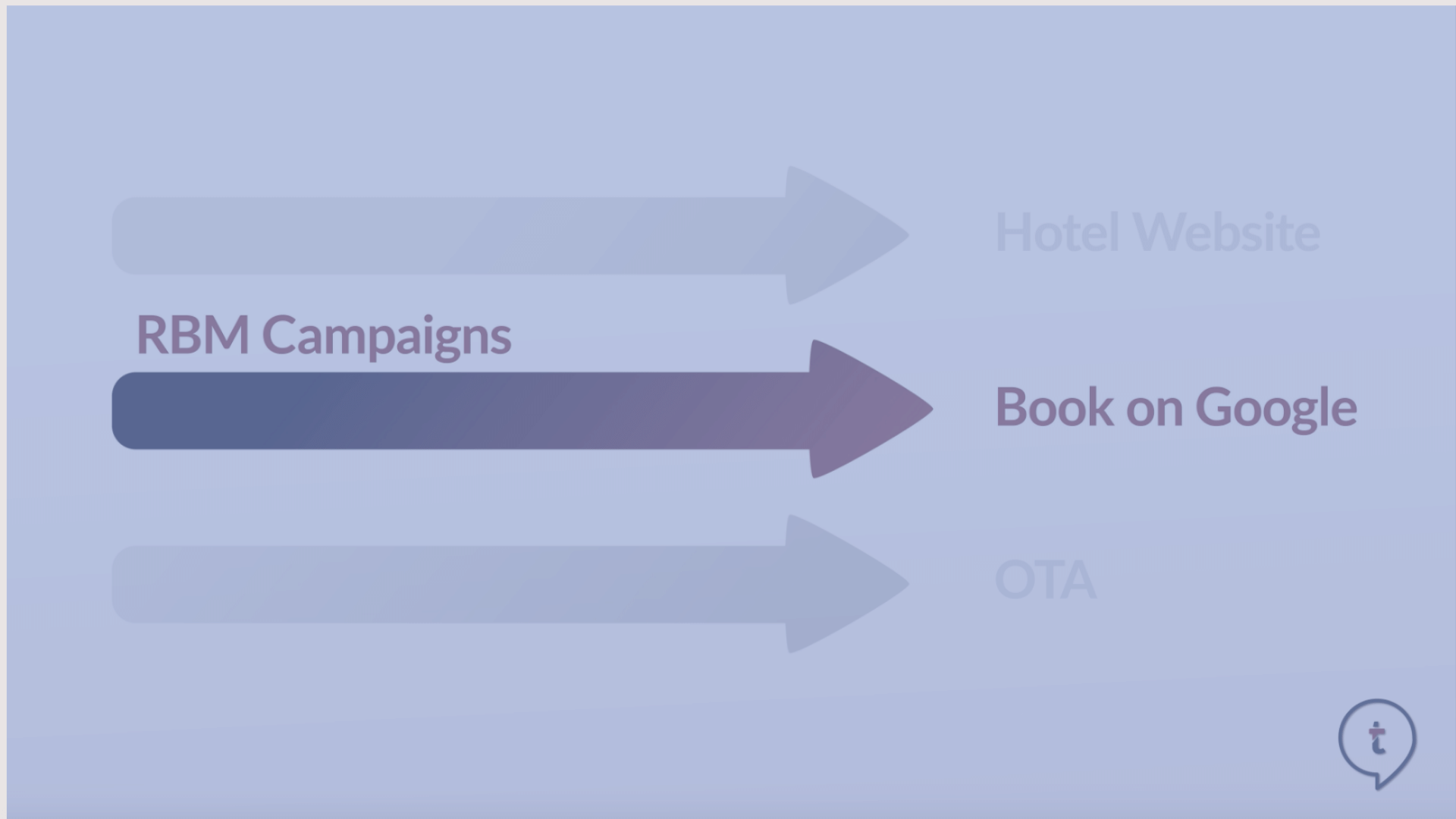Maintaining a successful revenue optimization strategy involves keeping yourself aware of the ever-changing market conditions. For many small independent hotels, the cost of subscribing to benchmarking and market trend reports presents a challenge. Therefore, small independent hotels tend to focus first on internal data points when trying to measure the success of their revenue strategies, before layering in market demand data from cost-free sources to validate.
When measuring your revenue strategy, it is important to focus on continuous improvement, but it has to be done within your budget, using your team members and infrastructure. Even without expensive reports, all hotels can and should adopt benchmarking practices to help them compare their revenue performance with the local market and specific competitors within the market. This comparison helps hotel operators understand what is working for them and what they need to improve. This process is even more important for smaller properties with limited budgets and resources. They need to know how well they are doing and what actions to take to compete with the hotels with paid solutions.
Using Historical Data
One place to start is by looking inwards at your performance data. A helpful signal for benchmarking is your year-long growth. Benchmarking your growth helps in assessing the success of strategies, identifying trends and patterns, and offers you a baseline to set realistic goals against. The pandemic has made it harder to use year-over-year data to generate insights, mostly because of the unusual demand recovery patterns hotels experienced in 2021-2022. Focusing on the recent growth data instead of prior years is often a more valuable indicator today, and should remain a common practice for hoteliers moving forward. As things get back to normal, we can expect to get a better post-pandemic baseline for demand and revenue as long as we accurately keep track of the data.
A hotel’s location, including its local rules and regulations, was a huge factor in how quickly it bounced back from the pandemic. One of our earlier articles covered the need for forecasting and budgeting to boost profitability. Tracking the actual performance of your property versus forecast and budget is one of the best ways for you to get insights into how effective your revenue strategy was throughout the year. Comparing actuals with forecast and budget is the first and most basic benchmark that any hotel should set.
Choosing Your Competitors
Selecting the right competitors for your independent hotel requires some analysis. Comparing your performance against competitors provides valuable insights - so it is important to get it right. It is healthy to consider a mix of branded and independent hotels that share similar attributes with your property, such as:
- Location
- Total number of rooms
- Food and beverage options
- Amenities
- Guest review scores
It is okay to add an aspirational competitor to this mix, but please do not let it be a source of constant anguish for you. Once you start gathering data, you might also realize that you need to adjust your competitive set. Regularly assessing your competitive set is a good practice, as some of the properties you initially choose may not use consistent revenue strategies or add any strategic value to your assessment, and as new properties enter the market. Your partners, such as OTAs, are a great resource when choosing a competitive set because they have insights such as which properties travelers ended up booking after shopping your property.
Including some branded competitors is very useful because most of them are closely managed and monitored by the brand’s revenue department. Watching what they do will allow you to see their pricing patterns and strategy without having to subscribe to the expensive software they are likely using.

5 Simple KPIs to start tracking
As a smaller hotel, your goal should not be to track everything. Instead, you should focus on a few items to help you generate the insights you need to boost your revenue. Traditionally, Occupancy, RevPAR, and ADR have been the top choices. However, these metrics require access to expensive reports, which are almost always out of budget for smaller hotels.
Do not let that dishearten you as a small hotel. You can target KPIs (Key Performance Indicators) that are public knowledge and can be easily recorded in a simple spreadsheet. Here are five simple KPIs you can start tracking right away for yourself and your competitors on an ongoing basis:
- Rates: Track your competitors’ current best available rates.
- Rate Changes: Note when and by how much they adjust their rates.
- Google Reviews: Note how many Google reviews they receive.
- OTA Reviews: Note how many reviews they receive on the top OTAs.
- OTA Search / Page Views: Track how many views they receive.
Accurately recording and maintaining this data in a spreadsheet will help you generate actionable insights that you can use to boost your revenue and profits.
Analyzing Data and Generating Insights
Recording the data is step one for your hotel. The next action is to convert the data into insights.
Tracking these key metrics regularly will help you see patterns that can help you update your strategy. Here is a summary of possible insights that can be generated from the five KPIs you are tracking for your hotel and your comp set.
- Competitor Rates: Tracking your competitors’ rates will let you know how they handle their pricing strategy. You will quickly learn whether your competition is using dynamic pricing or if they are using the “set it and forget it” approach to their rates.
Clear weekend and weekday patterns will emerge right away. You can use knowledge about your comp set’s rate patterns to price better and boost your revenue and profits.
You will also begin noticing how your competitors typically price based on the booking window. Does a competitor often decrease the rate sharply a few days before arrival? How does each competitor position their rates far in advance of arrival dates? This knowledge helps you anticipate what will happen and position your rates competitively.
Rate monitoring will ensure that your hotel offers deals strategically based on your needs. For example, if you are a business/weekday-heavy hotel, a deal or visibility booster will highlight the need to encourage weekend occupancy. Most hotels have at least one year of rates loaded in their system that are available to the public for booking. That is the ideal window for tracking; you can add a new month to your spreadsheet at the end of every month. This exercise will also make future odd rates set by your comp set jump out at you, which will alert you to whether a high-demand date is upcoming that you were not aware of. - Rate Changes: Tracking your competitor’s rate patterns and movements will help you understand their pricing strategy and the demand patterns in your location. For example: A sudden upward move can indicate demand in your market triggered by an event that was not on your radar. A sudden drop in rates can also alert you to a drop in demand. Gradual growth in rate can indicate that traveler demand continues to rise, whereas gradual declines in rate may signal that demand in bookings is lower than expected. Stay vigilant when this happens, and keep an eye on your own booking pickup and cancellations.
Watching your comp set will help you learn more about the peaks and valleys of hotel demand in your location. Including branded hotels in your competitor mix can help a lot since most of them have access to some powerful revenue and market intelligence reports. You can benefit indirectly by always keeping an eye on when and by how much they are adjusting their pricing. - Google Reviews: These will give you the most current feel on how good or bad your hotel and your competitor hotels are doing. Tracking these reviews regularly will help you understand your guests and see what is working for you versus your competition. Google Reviews are also a crucial ranking factor on their search engine, directly impacting your hotel’s revenue and conversion rates. You can also tell something about how well your competitors are doing by looking at their pricing. For example:
Higher reviews = more guests (more demand) = higher rates.
There is a direct correlation between positive reviews and higher rates. Keeping an eye on these trends in your market can help you make better pricing decisions in the future. - OTA Reviews: Tracking reviews from travelers who have booked via OTA (online travel agency), such as Expedia Group, can help you gather insights on how well your hotel and your comp set are performing on these travel marketplaces. This is very important as these marketplaces are focused on delivering great traveler experiences. When a traveler has a great booking experience, they are more likely to book again - which is good for everyone. OTA reviews provide a great deal of information about your hotel’s strengths and weaknesses. Better reviews will always translate into higher rates here, just as they do in the case of Google Hotel reviews. OTAs are a crucial source of insights for any hotel.
- OTA Search / Page Views: Your online travel partners provide data on how many travelers searched for stays in your market, and how many travelers looked at your listing. You can compare this data to your competitive set to identify the gaps and understand what actions you can take to increase your visibility. The traveler journey does not end with page views of course, as travelers then confirm a booking. To go a step further, you can track how many of your page views are converted into bookings and see how that compares to the competition. This helps you understand how to improve your listing and whether you have an opportunity to optimize the value offered.

Conclusion
Benchmarking is more than subscribing to expensive reports. Smaller hotels track their revenue performance by investing time into tracking their competitors and the marketplace. By taking a creative approach and tracking available online data, it is possible to improve your revenue and profits.
About the Authors
Vikram Singh, Digital Marketing & Revenue Optimization Specialist

Vikram is a global thought leader in hospitality and travel, known for speaking his mind on topics that affect hotel operators worldwide. His extensive experience and deep understanding of hotel operations, technology, online marketing, and revenue management have allowed him to optimize revenue for a wide portfolio of hotel clients for over 20 years.
During his career, Vikram has delivered portfolio-wide audits, asset turnaround strategies, and other high-level consulting services to real estate investment funds and property management groups across the globe. His strategies have helped power some of the biggest and most successful hotel equity turnaround deals in the last decade. Vikram is also a big supporter of small businesses and is passionate about giving small hoteliers access to world-class strategies to help them thrive.
Vikram authors the popular hospitality and travel marketing strategy blog at “Words of Vikram.com.” He has been quoted in publications such as the New York Times and Travel Weekly.
Vikram is a frequently requested speaker at industry conferences. Former hosts include the US Department of Commerce, American Express Travel, American Hotel & Lodging Association, Arabian Travel Market, and Airbnb. He is a perennial favorite of audience members and clients everywhere because he communicates clearly, loves to answer questions, and emphasizes action-oriented strategies.
Connect with Vikram on Linkedin
Chris Baniewicz, Sr. Manager, Revenue Performance Solutions at Expedia Group

-
Chris Baniewicz is a Sr. Manager for the Revenue Performance Solutions team at Expedia Group. This team is driven by the mission to power revenue performance insights for everyone, everywhere. By leveraging Expedia Group data, technology, global reach, and machine learning capabilities, they aim to level the playing field for all lodging & vacation rental partners. They are focused on accelerating commercial outcomes for Expedia Group’s supply partners using immersive & intuitive products, APIs, and innovative data & technology partnerships. Chris is passionate about helping lodging partners be successful by adopting revenue performance technology and practices.
Before joining Expedia Group, Chris was a Director of Revenue with Accor Hotels. Chris completed his bachelor’s degree in Hotel, Restaurant, and Institutional Management from The Pennsylvania State University. In addition, he holds a Certificate in Hotel Revenue Management from The School of Hotel Administration, Cornell University.
Connect with Chris Baniewicz on Linkedin.
About Expedia Group
Expedia Group, Inc. companies power travel for everyone, everywhere, through our global platform. Driven by the core belief that travel is a force for good, we help people experience the world in new ways and build lasting connections. We provide industry-leading technology solutions to fuel partner growth and success while facilitating memorable experiences for travelers. The Expedia Group family of brands includes Expedia®, Hotels.com®, Expedia® Partner Solutions, Vrbo®, trivago®, Orbitz®, Travelocity®, Hotwire®, Wotif®, ebookers®, CheapTickets®, Expedia Group™ Media Solutions, Expedia Local Expert®, CarRentals.com™, and Expedia Cruises™.
Expedia Group is a Founding Member at techtalk.travel
Also make sure to find these supporting content elements of the editorial Adopting Revenue Management Principles - Hotel Benchmarking:
- INFOGRAPHIC l Adopting Revenue Management Principles - Benchmarking
- PODCAST l The Basic Principles of Revenue Management - Benchmarking
- VIDEO l Benchmarking to Measure the Efficiency of Your Revenue Management Strategy
And also find the first and second editorial of this series discussing Revenue Performance Principles:
- The first Editorial discussing Revenue Performance Principles for Independent Hotels
- The second Editorial discussing Monitoring Demand for Effective Forecasting




 Free download
Free download

![V03: The History of Hotel & Travel Technology | [Updated] Infographic](https://techtalk.travel/storage/app/uploads/public/63f/e6f/ec8/63fe6fec80447817849943.jpg)



Create an account to access the content.
Get access to Articles, Video's, Podcasts, Think Tanks, Infographics and more.
Click “Sign In” to accept our
Terms of Service Privacy Policy